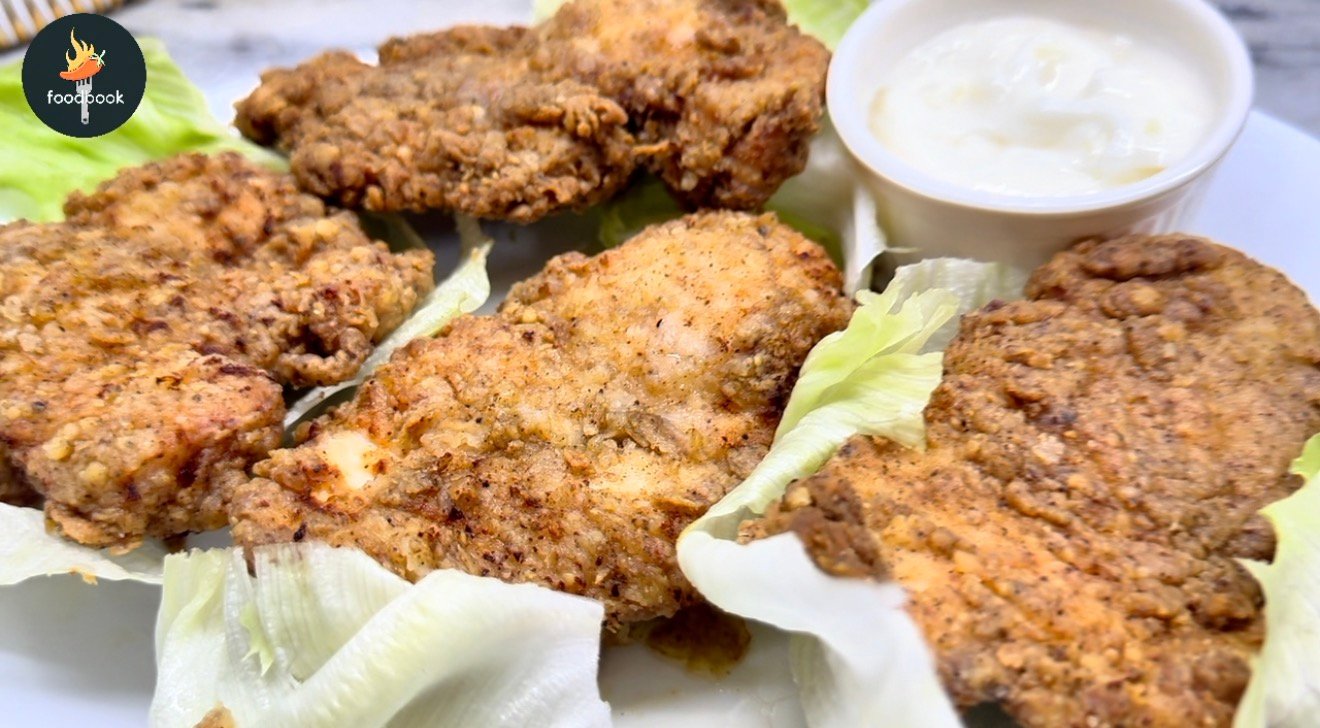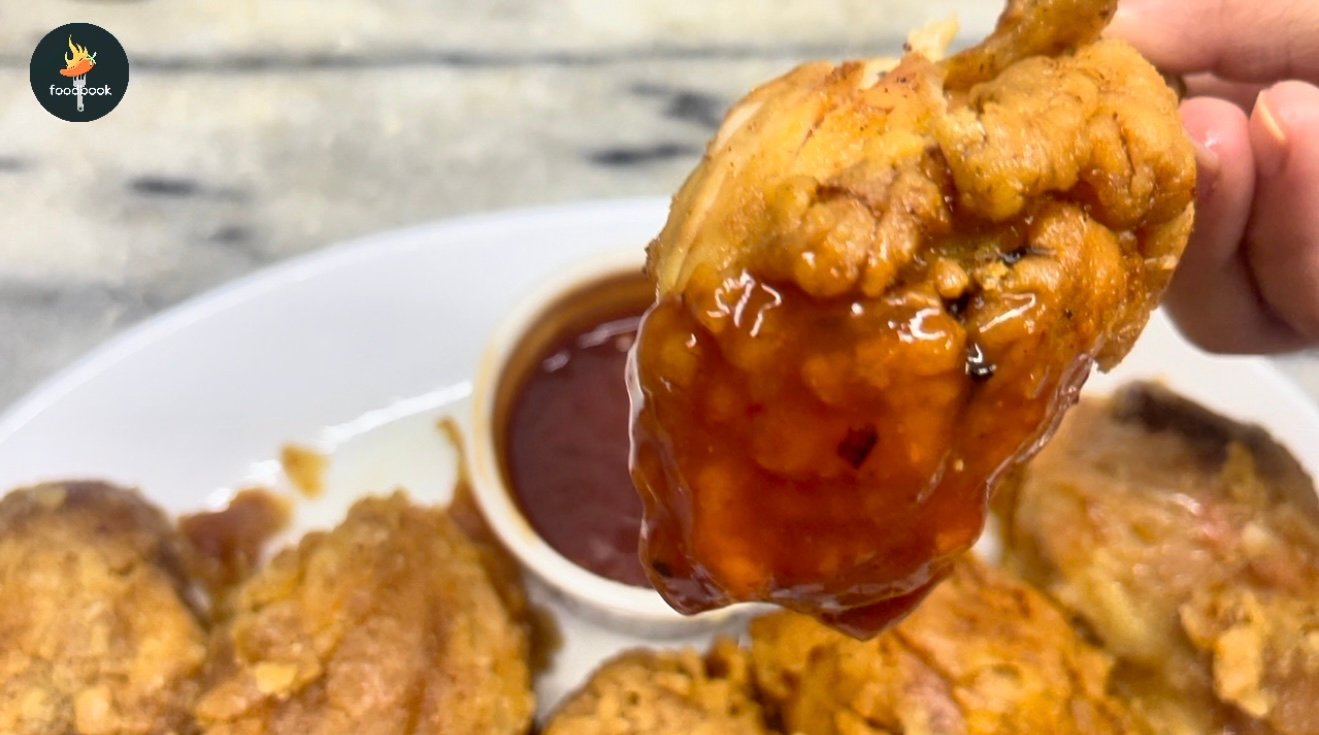unsure of what you even ate? Are you practising mindful eating habits? Read to know what it is and get tips for eating mindfully.
Have you ever finished a meal feeling strangely unsatisfied, unsure of what you even ate? In our fast-paced world, meals can become rushed affairs, fueled by autopilot and fueled by distraction. We shovel down food while glued to screens, barely registering the flavors or textures. This mindless approach to eating can leave us feeling disconnected from our bodies and unsatisfied with our choices.
But what if there was a way to transform your meals from mindless munching to a mindful experience? Enter mindful eating – a practice that encourages awareness and intention around your food choices and eating habits. It’s not about deprivation or strict rules, but rather a way to reconnect with your food, your body, and the present moment.
Mindful eating isn’t about deprivation or strict rules. It’s about cultivating a sense of awareness and intention around your food choices and eating habits. Here are some techniques to get you started.
Before You Eat
Take a moment before grabbing a snack or digging into a meal. Ask yourself if you’re truly hungry, or if you’re eating out of boredom, stress, or habit. Preparing your environment for eating is essential. Minimize distractions. Turn off the TV, put your phone away, and find a comfortable place to sit.
During Your Meal
While eating your meal ensure you engage your sense. Take time to appreciate the colors, aromas, and textures of your food. Put down your utensils between bites, this allows you to savor each bite and notice your body’s hunger cues.
Take small bites and chew thoroughly. This helps with digestion and can also make you feel fuller faster. Focus on the experience, notice the taste of the food, the way it feels in your mouth, and how your body reacts as you eat.
After You Eat
Pay attention to your body’s signals. Don’t force yourself to finish everything on your plate if you’re no longer hungry. After eating, take a moment to appreciate the nourishment your food provides.
Additional Tips
- Practice Mindful Breathing: Taking a few deep breaths before and during your meal can help you slow down and become more present.
- Keep a Food Journal: Jotting down what you eat and how you feel before, during, and after meals can help you identify patterns and triggers for unhealthy eating habits.
- Be Patient: Building mindful eating habits takes time and practice. Be kind to yourself and celebrate your progress along the way.
By incorporating these techniques, you can transform your relationship with food. Mindful eating can lead to a number of benefits, including:
- Improved digestion: Chewing thoroughly and eating slowly allows your body to break down food more efficiently.
- Weight management: Paying attention to hunger cues can help you avoid overeating.
- Reduced stress: Mindful eating encourages you to slow down and savor the present moment, leading to a sense of calm and relaxation.
- Greater appreciation for food: By engaging your senses, you can develop a deeper appreciation for the taste, texture, and aroma of your food.
Final Verdict
So, the next time you sit down to eat, take a deep breath, slow down, and pay attention. You might be surprised by the joy and satisfaction you can find in mindful eating.















